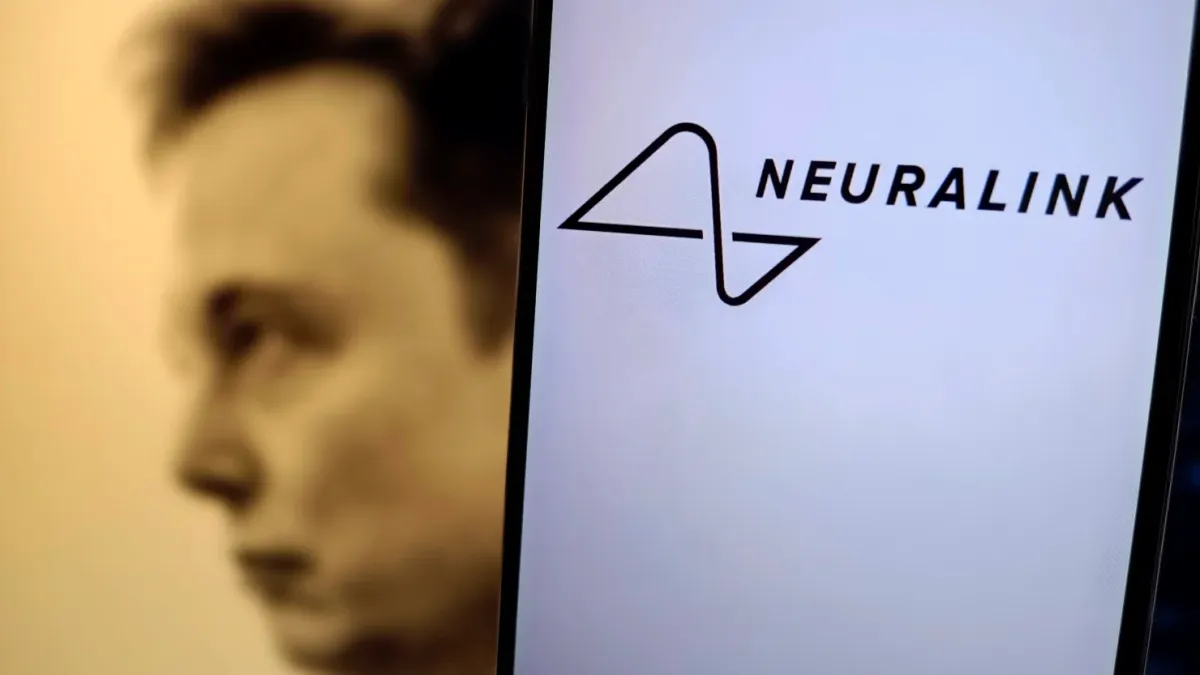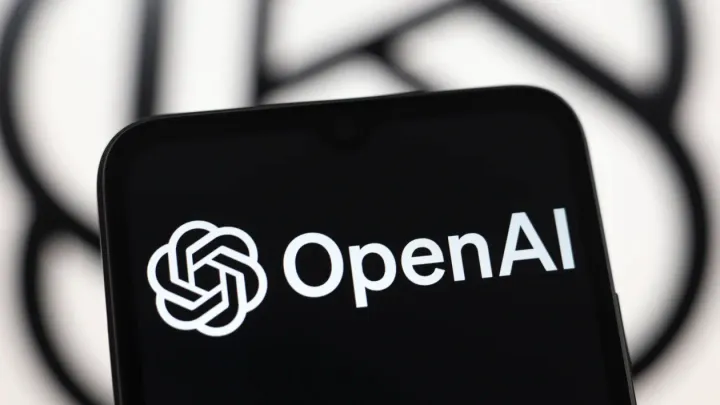Elon Musk's Neuralink Raises $43 Million in New Funding Round
Elon Musk’s Neuralink secures $43 million in new venture funding to advance brain-computer interface development after first human implant, highlighting strong investor confidence.

Neuralink secures additional $43 million, signaling confidence in brain-computer interface technology
Elon Musk’s neurotechnology company Neuralink has raised an additional $43 million in venture capital, according to a regulatory filing disclosed on Monday. The new infusion of funds aims to accelerate Neuralink’s development of its pioneering brain-computer interface, underscoring investor confidence in the startup’s ambitious goals.
Major Funding Boost for Brain-Machine Interface Initiative
According to the recent SEC filing, Neuralink increased its previously reported funding round from $280 million to $323 million. The filing, dated late last week and reported by CNBC, shows contributions from 32 unnamed investors. The company declined to comment further on the specifics of the fundraising or how it intends to deploy the newly secured capital.
Founded by Elon Musk in 2016, Neuralink is developing implantable neural devices designed to enable direct communication between the human brain and computers. The innovation could potentially revolutionize treatment for neurological disorders and, ultimately, change how humans interact with technology.
Renewed Attention After First Human Implant
This latest fundraising comes in the wake of Neuralink’s high-profile first-in-human implant performed earlier this year. In January 2025, the company successfully implanted its brain-computer interface in a human patient as part of its initial clinical trial—the PRIME Study—marking a critical step toward FDA approval.
In a statement on X (formerly Twitter), Neuralink said, “We’re grateful for the continued support as we move toward our goal of restoring autonomy to people with quadriplegia and other neurological disabilities.” The company claims its “Telepathy” device could eventually allow paralyzed individuals to control electronic devices directly with their thoughts.
Investor Appetite Grows for Neurotechnology
Backers for Neuralink’s new funding round were not publicly disclosed, but previous participants have included high-profile venture firms such as Peter Thiel’s Founders Fund and Dubai-based Vy Capital.
Mary Ann Arnold, a biotech investment analyst at Precision VC, told CNBC, “Investor enthusiasm for neural engineering is fueled by recent advances in hardware miniaturization and AI. Neuralink’s progress signals the beginning of a new era in brain-computer interfaces.”
However, experts caution that the road to widespread adoption remains long and filled with medical, ethical, and regulatory hurdles. “Proof in controlled, large-scale clinical trials is still needed before we see real clinical deployment of these devices,” said Dr. Sunil Verma, a neurology professor at Stanford University.
Regulatory and Ethical Scrutiny Persists
Neuralink has faced scrutiny from animal welfare groups as well as the U.S. Food and Drug Administration. While the company received permission for initial human trials after reportedly addressing earlier safety concerns, ethical debates about the technology’s privacy implications and potential misuse continue to swirl.
In a recent editorial for The Lancet, bioethicist Dr. Lara Nguyen noted, “Transparent reporting and rigorous oversight must accompany the development of brain-computer interfaces, given their transformative potential.”
Competitive Landscape in Brain-Tech
Neuralink is not alone in the BCI race. Other startups like Synchron, Precision Neuroscience, and Blackrock Neurotech are developing similar technologies, vying to bring brain implants to clinical practice. Unlike Neuralink, Synchron has already begun human trials in Australia and the United States using a less invasive, endovascular approach.
Many industry observers believe the next twelve to twenty-four months will be a critical testing ground not only for Neuralink, but for the commercial viability of the BCI sector as a whole.
What’s Next for Neuralink?
With fresh capital now in hand, Neuralink is expected to ramp up clinical trials, hire new engineering talent, and possibly expand its device’s applications beyond paralysis to address conditions such as blindness, epilepsy, and depression.
As Musk tweeted in April, “Neuralink’s long-term mission is to unlock human potential. This funding helps us take another step forward.” Still, analysts say clear regulatory guidance and demonstrable patient benefit will be the key benchmarks that determine Neuralink’s— and the entire BCI industry's—future.
Sources Used
CNBC: Elon Musk’s Neuralink raises $43 million in fresh venture capital
U.S. SEC Regulatory Filings
Neuralink official press releases and social posts
The Lancet editorial on BCI ethics
Public statements from industry analysts and bioethicists



